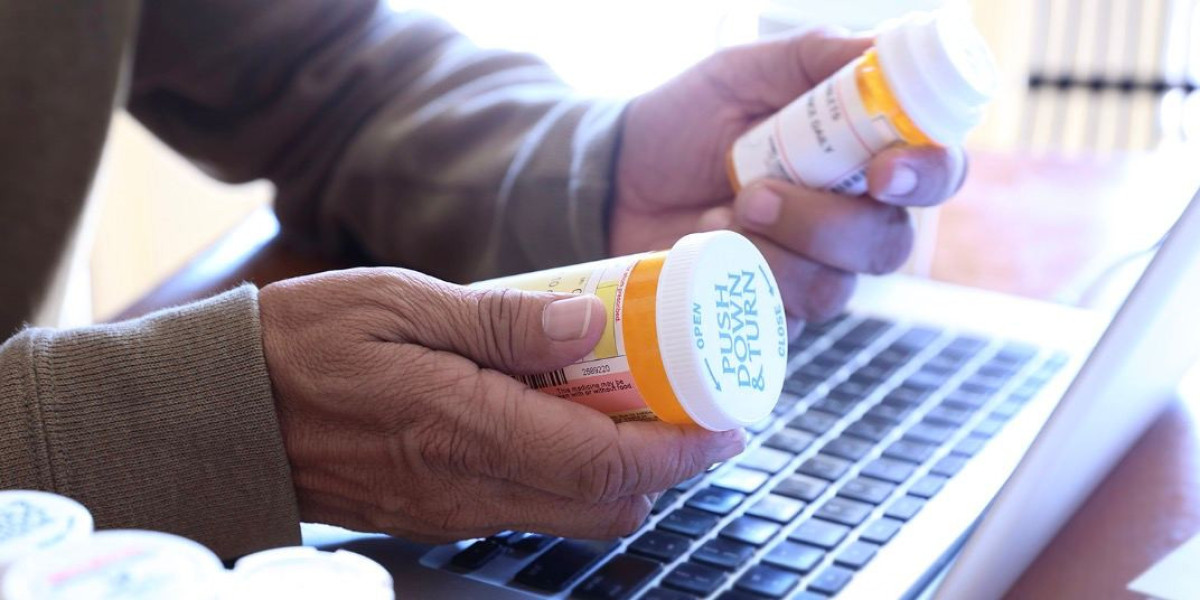Buying health products online isn’t just about convenience anymore — it’s about being careful. You’re trusting a website with your money and, more importantly, your health. Whether you're shopping for supplements, hormone therapies, or performance enhancers, one wrong order can lead to wasted money, useless products, or serious side effects.
Before you hit that checkout button, here are the most important things to look at.
Product Authenticity: Not Everything Is What It Claims
Let’s start with the most important piece — is the product real?
When buying anything that goes into your body, guessing isn’t good enough. You want proof. Start by looking for products that come with batch numbers, manufacturer labels, and expiration dates that are visible and verifiable. If you can’t find these details or they look off, that’s already a red flag.
Reputable sellers will often include third-party lab results right on the product page or offer them by request. These results are your only real way to confirm what’s actually in the bottle. If a site skips this step, or avoids talking about lab testing altogether, assume the worst — because you’re the one who ends up taking the risk.
Look at the Reviews — But Read Between the Lines
A wall of five-star reviews isn’t always a good thing. Fake reviews are everywhere, especially in niche markets like health and performance products. But you can still learn a lot by digging a little deeper.
Here’s what to look for:
- Verified buyers who mention specific results, timelines, or side effects
- Critical reviews that aren’t just angry but offer real insight
- Users sharing experiences on forums or community threads
It’s not just about whether people liked the product — it’s about how consistently it works. You want to see multiple people reporting the same outcomes. That’s usually a good sign the product is real and the source is legitimate.
Website Safety and Payment Methods Matter More Than You Think
This is one area most people overlook — until they get burned.
First, make sure the website is secure. You want to see "HTTPS" in the address bar. No security? No purchase. It’s that simple.
Next, look at how they handle payments. Reliable sources will offer payment through well-known platforms like credit cards, PayPal, or secure banking gateways. If a seller only accepts Bitcoin, Western Union, or gift cards, that’s often a sign they don’t want to be traced — which usually means they’re not planning to deliver what you paid for.
Your personal and financial info deserves the same level of protection as your health.
The Seller’s Reputation: Clarity Over Hype
It’s easy to get sucked into flashy product claims and discount codes. But what really matters is the seller’s track record.
Check how long the website has been around. New sites with no track record are risky, no matter how good the deals look.
Here’s what else to look for:
- Real contact information, not just a form
- A clear return or refund policy
- Visible terms and conditions
- An active support team that responds in reasonable time
Some buyers prefer to buy steroids online from trusted sources that have been vetted and reviewed. For those seeking a more in-depth look at established sellers, this buy steroids online is a good place to start. It breaks down legitimate options and gives you a better idea of where quality and safety actually line up.
Red Flags That Should Stop You Cold
Sometimes, it’s not what’s shown — it’s what’s missing.
Here are a few instant deal-breakers:
- No information about dosage or side effects
- No product photos or unclear labeling
- Over-the-top claims like “guaranteed results in 3 days”
- Pressure tactics like “only 2 left in stock” on every product
- No customer support or delayed responses
Also, if you notice that a site pushes “combo packs” or bulk orders before you’ve even looked at a single product, that’s often a cash grab. Real sellers focus on giving you details. Scammers push urgency and volume.
Conclusion: Don’t Just Buy Fast — Buy Smart
Buying health products online can be easy and even life-changing — but only if you do it right.
Stick with sources that are transparent, test their products, protect your data, and have a history of treating customers well. A little extra research before buying can save you from wasting money or, worse, putting your health at risk.
When the stakes are high, being cautious isn’t paranoid — it’s smart.







